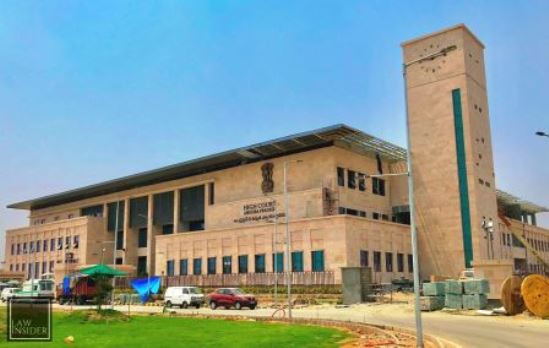Prerna Gala
Published on: September 13, 2022 at 20:46 IST
Whether a transgender woman can file a complaint for dowry harassment under Section 498A of the IPC has been raised in a criminal quashing petition that has been filed with the Andhra Pradesh High Court.
The petition claims that a plain reading of Section 498A makes it clear that a complaint with allegations under this section should be made by a “woman” and that, as a result, a complaint under this provision by a transgender complainant is not sustainable in law.
After taking notice of the situation, a Single Bench ordered an eight-week suspension of all proceedings in the ongoing criminal complaint on file with the Additional Munsif Magistrate Court.
“The matter needs consideration,” it said.
If it is proven that a married person has been subjected to cruelty and harassment, Section 498A states. The punishment for a lady by her husband or by any of her husband’s relatives is the husband or those relatives.
The penalty is a jail sentence that may last up to three years, as well as a fine. The definition under the law is written in such a way that it can only be used against the husband and his relatives. Because it acknowledges the crime’s gendered aspect.
In the present instance, a transsexual lady complained that the parents of her partner had harassed her by making up bogus charges against her. Her partner went to see his parents one day and never came back; they were preparing to have a test-tube baby.
The complainant attempted to reach him on his phone and through his parents but was unsuccessful.
After asking where he was, she discovered that they had locked him in the house and were attempting to have him removed from India in order to keep him away from the complainant, according to the complaint.
A few days later, she allegedly received a message from her husband telling her to leave immediately in case his parents tried to kill her. Moreover, she faced threats, vulgar remarks, and abuse.
She was abducted, it is said. When she filed a complaint with the police, they created a FIR under Section 498A of the Indian Penal Code, read with Section 34, and Section 4 of the Dowry (Prohibition) Act.
The petitioner argued in this quashing plea that the de facto complainant believed the petitioner had abandoned her, and that under those circumstances, neither the provisions of Section 498-A of the IPC nor the provisions of Sections 3 and 4 of the Dowry Prohibition Act are attracted.
The petitioner further argued that the complaint did not amount to an offence under Section 4 of DPA and IPC 498A. Since there are no claims of dowry or cruelty, Section 4 of the DPA is not applicable.

